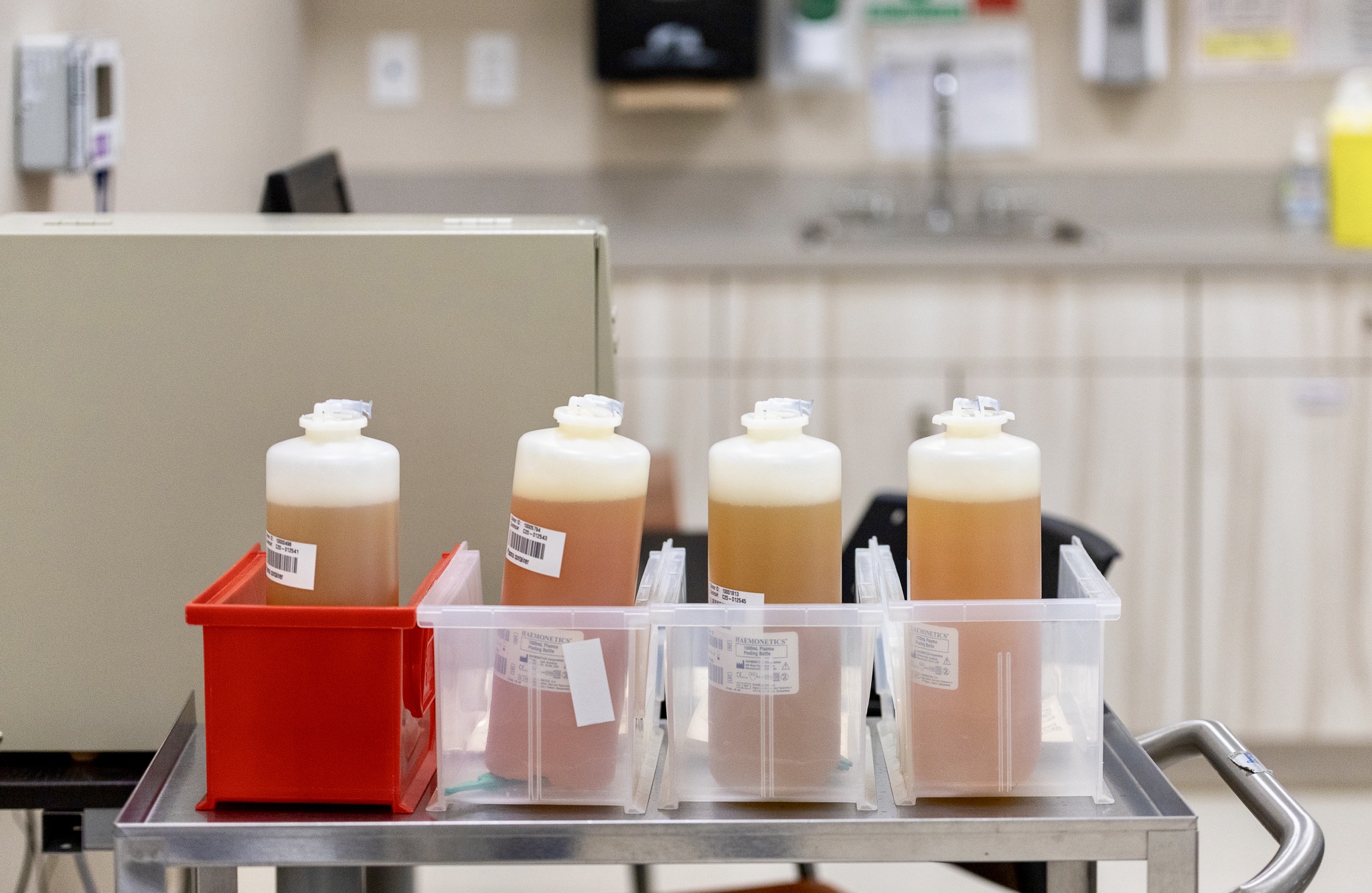Benefits of Plasma Donation

Plasma donation can be a rewarding way to help others and make a difference in your community. Plasma is a vital component of blood that helps support the body’s immune system and plays a critical role in treating various medical conditions. Plasma donations treat patients with bleeding disorders, immune deficiencies, and other serious medical conditions. In this article, we will explore the potential benefits of this plasma donation.
What to Know Before Plasma Donation
Before you donate plasma, ensure that you are in good health. It is important to make sure that you are in good health and meet the eligibility requirements for donating plasma. Most healthy adults who weigh at least 110 pounds and are between 18 and 65 are eligible to donate plasma. However, some specific medical conditions and medications may disqualify you from donating. These medical conditions include HIV, and cancer, among others. Therefore, it is important to consult a healthcare professional before donating.
How to Prepare for Plasma Donation
On the day of your plasma donation appointment, be certain to get sufficient rest and have a good breakfast. Drink lots of fluids, but do not consume coffee, tea, or alcohol; these beverages dry out your system. It is good to drink water or juice instead. Avoid eating anything fatty or greasy before donating plasma, as some foods can damage your plasma.
Finding a Donation Center
Once you have determined that you are eligible for a Plasma donation, the next step is to find a donation center near you. Plasma donation centers are located in hospitals, blood banks, and other medical facilities. You can find a donation center by doing an online search or contacting your local blood bank.
When you arrive at the donation center, they ask you to provide some personal information and undergo a medical screening. This medical screening will include a review of your medical history, a physical examination, and a series of tests to check your blood pressure, pulse, and iron levels. You will also be asked to provide a small sample of blood to test for infectious diseases such as HIV, hepatitis, and syphilis.
The actual donation process will begin if you pass the medical screening and are cleared to donate. The process of donating plasma takes some time and involves the use of a special machine called a plasmapheresis machine. This machine separates the plasma from the rest of your blood and then returns the remaining blood components back to your body.
The Donation Process
During the donation process, you will be seated in a comfortable chair, and your arm will be cleaned and sterilized. A needle will be inserted into a vein in your arm, and blood will be drawn through a sterile tubing system into the plasmapheresis machine. The machine will separate the plasma from your blood using centrifugation. The plasma will be collected in a sterile bag, while the remaining blood components will be returned to your body through the other arm.
After the plasma donation process is completed, you are given a small snack and encouraged to drink plenty of fluids to help your body replenish the fluids lost during the donation process. You should also avoid heavy lifting or strenuous activity for the rest of the day to allow your body time to recover.
There are several benefits of plasma donation. In addition to the satisfaction of knowing that you are helping others in need, donating plasma can also be a great way of having a full medical screening from time to time. Many plasma donation centers offer compensation to donors, although the amount can vary depending on the location and the demand for plasma at the time. Donating plasma is also a good way to maintain good health, as the medical screening and tests required during the donation process can help to identify any potential health issues that need to be addressed. Plasma donations can help save lives and improve the health of individuals in need, making them a valuable and important contribution to the medical community.

